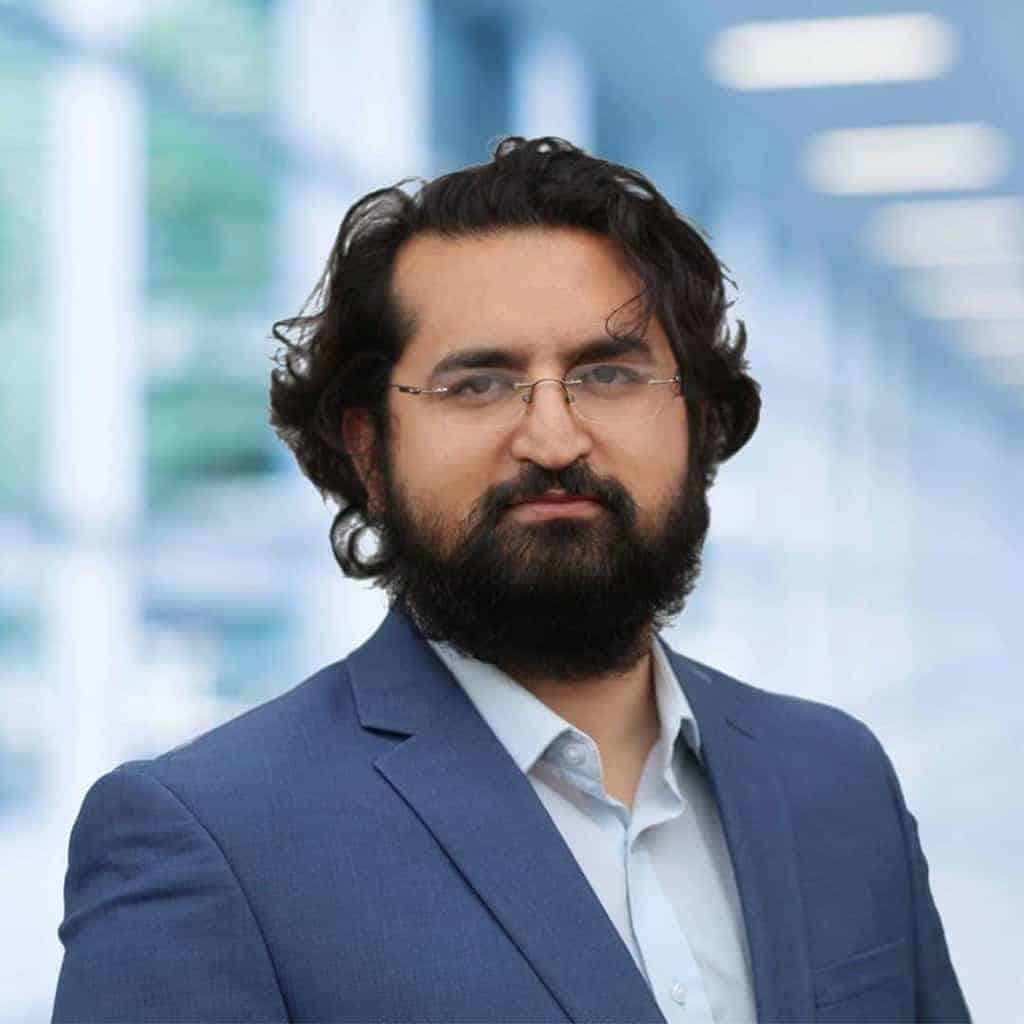IMG Series: A Doctor's Road from Egypt

I am Mahmoud Saleh Ebid a medical SHO working here in the UK for almost 10 months now. I came from Egypt in July 2018 starting my work here in the A&E then I shifted to medicine. I have been accepted recently in the IMT (internal medicine training) starting in August 2019. My words here would be more specifically directed to my fellow Egyptians to help any of them to relocate to the UK. Firstly, I graduated in Jan 2015 and started my internship year (al Imtiaz) in the same year.
I took the decision in my 4th year of medical school that I want to pursue my medical career in one of the first world countries which would provide a well-structured medical training and a proper lifestyle that as Egyptian doctors we don’t have it in our home country.
Why did I choose UK?
I had a lot of options to start with, Germany, the UK or the USA.
As Egyptian medical graduates, we had the basics of English, so I decided to take the initial steps to move to an English-speaking country.
For me, it was the UK for many reasons, firstly It would not cost me a lot of money and time to take the PLAB exams in comparing to the USMLE. Secondly, I would not have to wait to get a training post to start working in the UK in contrast to the USA where I MUST have secured a residency to move to the USA. You do not have to work in an unpaid volunteering research position or do electives for months to secure your first job in the UK. So I preferred the UK option which provides these kinds of service (non-training) jobs that would help you to find your first job easily, gain experience and start saving money to pay for any further exams you would like to take, apply for a training job later and improve your CV.
My Road to UK
So I started to prepare for IELTS which I passed on the second attempt then passed both PLAB 1 and 2 just after the internship year (sanah altakleef) I spent 2 months in Manchester to attend academy and study for PLAB 2 which I passed on the first attempt. Then straightaway I applied for jobs through the NHS jobs website and started working here in A&E in July 2018.
Challenges I faced when I started
As a newcomer, I believe the most difficult thing that I faced here when I first moved to the UK is that I still miss my family and friends. Besides, the financial matter should not be put aside, it would be a lie if I said money is not important. As I said I chose to come here to have a decent lifestyle and have money is a vital part of it. So, on my first days here in the UK, I relied totally on the money that I brought with me from Egypt, which the biggest part of, has been spent on the exams, air tickets, and accommodation. Last but not least, one of the things I miss the most here is the delicious Egyptian food and sweets.
How I adjusted to working in the NHS
Working in the NHS is totally different from what is happening here in Egypt. The role of doctors here is not just about concluding a diagnosis and prescribing medications but to consider every single aspect of a patient’s life like social, psychological, physical, etc. When I came here, I kept hearing a few words, that sounded odd to my ears, in the management plan of patients like SALT, PT, OT, etc. I took a considerably long time to get used to the system here and to identify each person’s role in the hospital setting. In Egypt, doctors and nurses are the only ones responsible for patients in the hospitals while in the UK, you would find different people, working in the ward with you, looking after the patients for example heart failure nurse and cardiac rehab nurse collaborate with the cardiologists to take care of the cardiac patients and the same happening in the different specialties. You would hear new jobs’ titles we don’t have in Egypt.
Where do I see myself in the future
My plan in the first place was to apply for a training post in internal medicine. So, I applied for IMT and fortunately I got accepted in a post which is due to start this August 2019. As I have not decided yet which subspecialty I want to carry on my training in, my short-term plan will be to clear MRCP and determine which area of medicine I am truly interested in to seek higher training in it. On the long term, my aim is to earn the CCT and become a consultant in the UK and while focusing on achieving this, I will try to get a teaching degree to take a part in teaching the medical students in one of the UK medical schools.
Few tips for my Egyptian fellows
- Improve your English skills while you are still in the medical school and then just before or once you graduate, take the IELTS exam.
- As most Egyptian medical graduates already know, this 12-month internship year (al Imtiaz) is not that busy year and you can achieve a lot in it. some of us would work in private hospitals (like locums) to save money, others would take the first steps to move to immigrate and others would do nothing.
- For whom not having a military service to do, Take the advantage of internship year (al Imtiaz ) to pass the plab 1 so you can save time and come to the UK as a fresh graduate. The younger you move here, the easier you will get used to the NHS and life here. DO NOT WASTE THIS YEAR ON WORKING IN PRIVATE HOSPITALS TO SAVE MONEY UNLESS YOU WANT THIS MONEY TO SPEND ON PLAB JOURNEY NOT TO GET MARRIED!
- Then, my advice is to site for the plab 2 in the first year after the internship (al Imtiaz) as you would take a month or two to attend an academy and study for plab 2 so you would not have a gap in the internship year. As Egyptian universities will issue a certificate of completing the internship year with a gap if you miss one of your rotation and it would make a problem with GMC registration later. Besides, it is difficult to approve leave in the internship year to leave the country and it would be an unjustified absence from the point of view of the Egyptian hospitals unless you secure a clinical attachment in the UK and hand in the letter of approval to your hospital.
- Even if you miss the internship year (al Imtiaz), you still have an opportunity to start in sanah altakleef (first year after the internship) as you would still not start your postgraduate studies and you can start your journey to the UK.
- For people have an obligatory military service to do, if it is one year you can pass IELTS and PLAB 1 during it. However, if it is 3 years, you can finish MRCP or MRCS during which and come to the UK on a middle-grade job.
- Find a friend or a colleague who wants to do the same and make a study group so you would encourage each other if one of you lost hope at some point.

